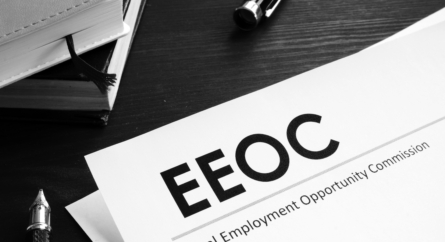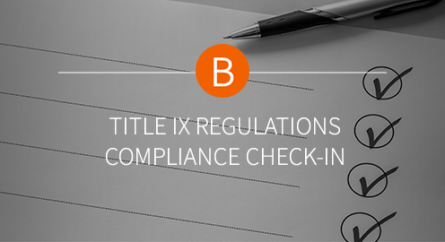Client Alert: Don’t Let Your Company Party Result In a Fa-La-La-La-Lawsuit
Employers plan annual holiday parties with the best of intentions – to demonstrate appreciation for employees’ efforts over the year and encourage team spirit. However, such parties may also expose employers to potential legal liability, including allegations of harassment and discrimination, wage and overtime violations, and workplace injuries. The following steps will assist employers host a successful event while limiting legal liability.
1. Review anti-harassment and conduct policies and procedures and determine whether revisions need to be made.
In the era of the #MeToo movement and the heightened awareness of sexual harassment and the resulting increased claims, employers should be proactive with their policies and training. Employers should consider reminding employees that the workplace standards of conduct remain in force at the party, and misconduct at or after the party can result in disciplinary action. If an employer learns of any alleged inappropriate behavior at the holiday party, an investigation should be promptly initiated and appropriate remedial actions taken.
2. Instruct management to set the tone.
Employers should discuss potential legal liability issues with management and encourage supervisors to set a good example at the party and keep an eye on their subordinates’ actions.
3. Monitor alcohol and prohibit drugs.
If employers do serve alcohol, they should use a ticket system to limit the number of drinks, hire professional bartenders and instruct them to report anyone who appears to be inebriated, and close the bar at least an hour before the party ends. Employers should consider arranging for a ride service for any employee who feels that he or she should not drive home.
Marijuana is legal for adult recreational use in Massachusetts. However, employers still have the authority to ban marijuana from their premises generally, and by extension, at a work-sponsored holiday party. Further, marijuana remains a controlled substance under federal law. Employers should ensure that their policies require a drug-free workplace and consider reminding employees about the drug-free workplace policy, and the consequences for violating the policy.
4. Verify insurance coverage for events held off-premises.
5. Explain attendance expectations.
Unless an employer intends to pay its employees to participate, attendance must be voluntary or employers may face claims under federal and state wage and hour laws.
6. Ensure all employees feel comfortable and welcome at the party.
Employers should make certain that the holiday gathering does not celebrate any specific religion. The venue, including decor, should be non-denominational and accessible to all.
The holiday season is a time to celebrate. However, employers must be responsible and practical. Taking the above steps may seem like an uphill battle, but mitigating the risks of potential legal liability associated with holiday parties helps employers avoid a bigger problem in the long run.
Categorized: Client Alerts, Publications
Tagged In: discrimination, harassment, wage, overtime violations, workplace injuries









